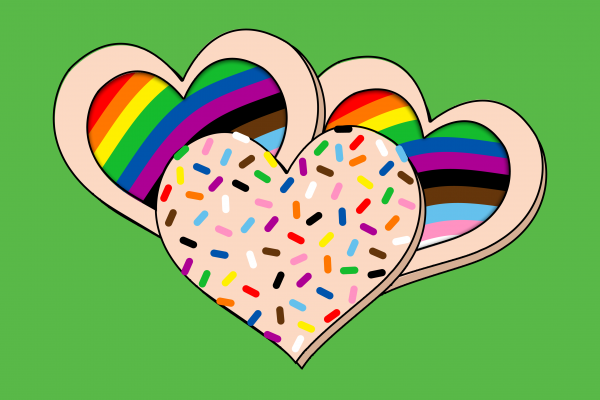Jun 23, 2023
“To live fully and authentically.” It’s a phrase that resonates for me as someone who came into their queerness later in life. For a long time, the possibility of living fully and authentically felt just beyond my reach; I felt I was skimming the surface of my being and longed to be fully immersed — soaked and drenched — in who I am. But I was afraid. What would living authentically mean for my place in the world? As a second-generation Korean American who has long struggled to be seen and accepted, I wondered if being queer would foreclose this possibility.
Read the Full Article

Already a subscriber? Login
